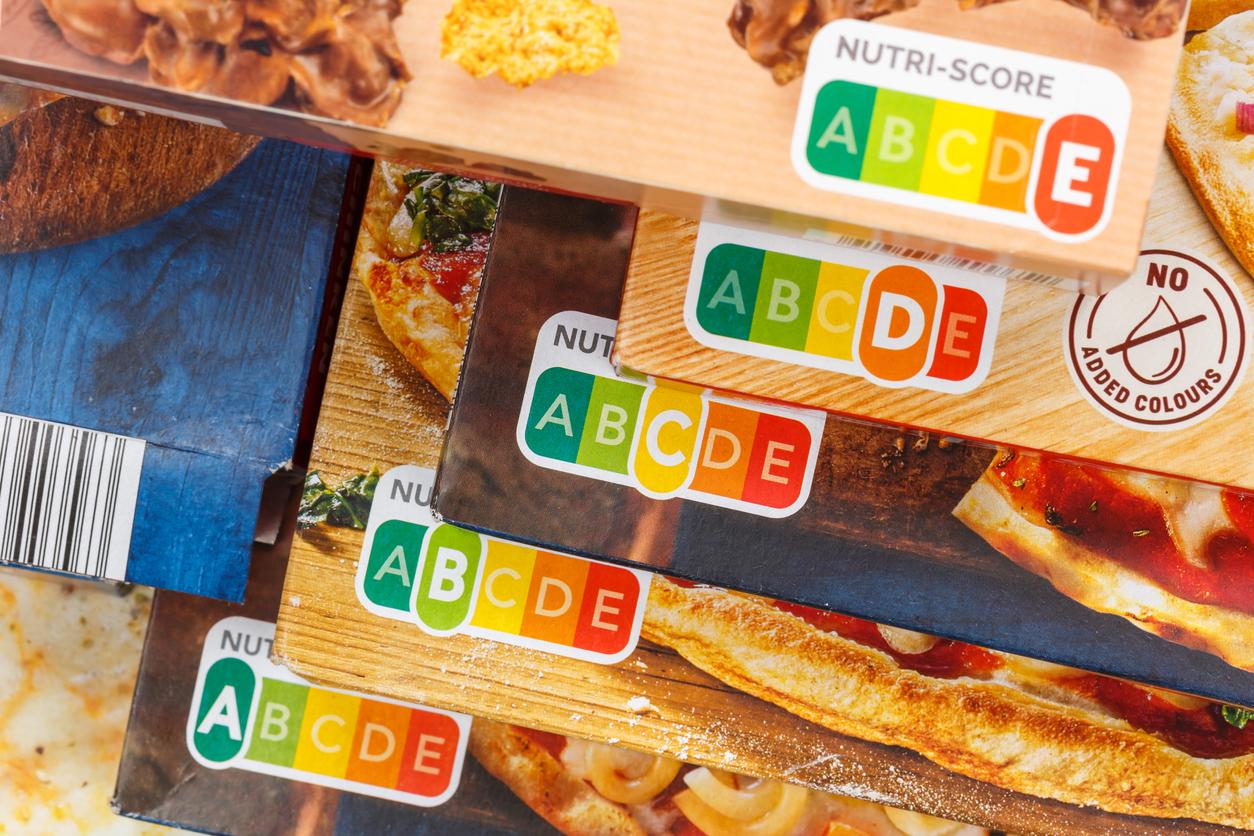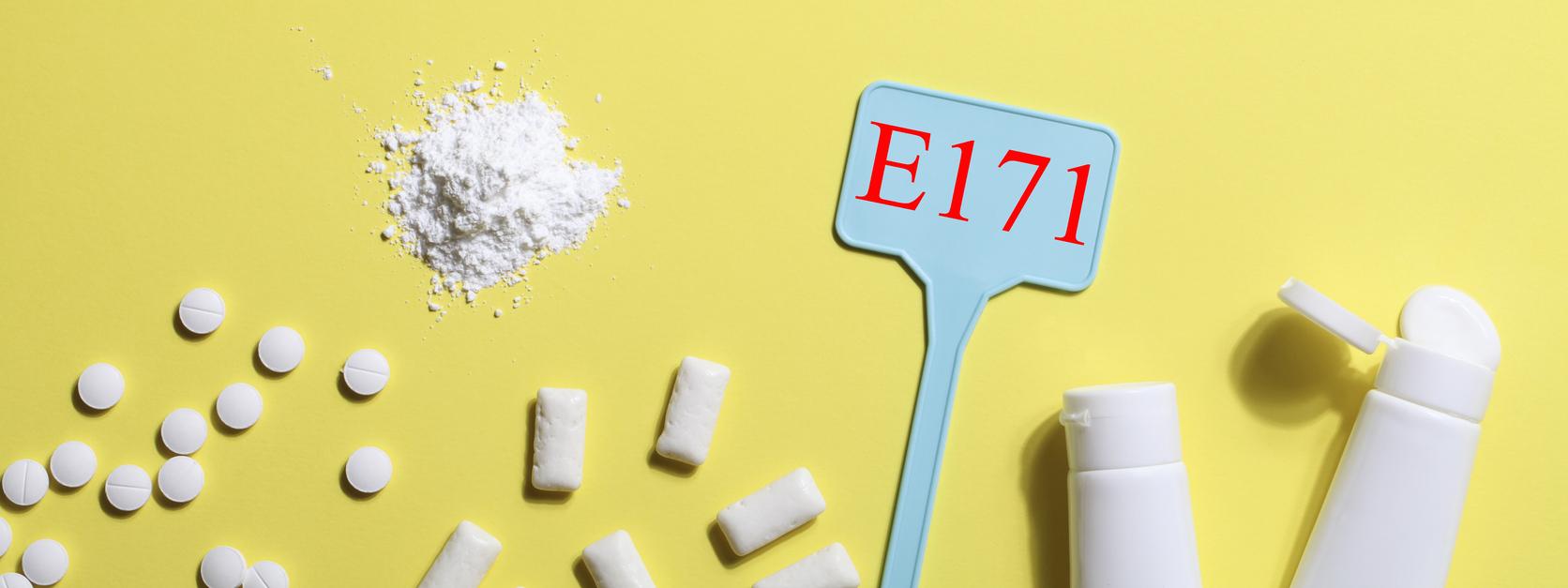The UFC-Que Choisir is calling on the public authorities to assess the risk of the potentially harmful E171 dye (titanium dioxide) in a very large number of drugs.

Food products are not the only ones that may contain E171 coloring. Titanium dioxide (TiO2) is also hidden in your medicine cabinet. According to UFC-Que Choisir, no less than 4,000 drugs contain it. In this list, there are in fact pharmaceutical products widely consumed by the French: Doliprane, Dafalgan, Efferalgan and generics of paracetamol, but also Advil and generics of ibuprofen, Spasfon, Augmentin etc.
To summarize, the additive is hidden everywhere, as well in specialties taken in self-medication as in daily treatments for chronic diseases. All without counting its presence in many food supplements. A search on a drugstore site spotted by the UFC identifies, it is true, 650 results which concern most of the major brands (Arkopharma, Forte Pharma, Omega Pharma, Juvamine, Oenobiol, Naturactive, Solgar, Pileje, etc.) and sectors (slimming, fatigue, stress, menopause, joint comfort, etc.). This inventory obviously revives the concerns of the Consumers Association.
Nanoparticles singled out
In this regard, she recalls the recent study by the National Institute for Agronomic Research (INRA) which shows that oral exposure to titanium dioxide spontaneously induces precancerous lesions in rats. The authors of this work attribute its toxicity to the fact that it occurs in part in the form of nanoparticles, infinitely small compounds with properties and toxic potentialities very different from those of larger size.
A question then arises, is the titanium dioxide used in drugs also partly nanoparticulate? “We ordered the powder given to the rats from a supplier of additives for the food industry,” explains Éric Houdeau, research director at Inra, who led this study. I cannot be positive, but everything suggests that it is the same type of powder that is used by pharmaceutical companies, ”he said.
European regulations also specify that the dyes authorized in medicines must comply with the same specifications as those used by the food industry and, on the instructions, titanium dioxide borrows its code name from the additive E171. It would therefore be the same thing.
The UFC-Que Choisir seizes the ANSES
Faced with this radical decision, the UFC-Que Choisir nevertheless wishes to indicate that in terms of medical care “this is not a sufficient reason to stop a useful and effective treatment”. “The amount of titanium dioxide absorbed through this is probably limited because it is only the excipient of tablets, capsules or sachets which themselves do not weigh very heavy,” she writes. It even goes so far as to consider that “if the study carried out by INRA increases suspicion, it does not at this stage constitute proof of dangerousness in humans”.
For her, it would therefore be up to the National Health Security Agency (ANSES) to quickly assess its toxicity. The Ministries of Health, Economy and Agriculture announced on January 20 that they were seizing the Agency but two weeks later, the latter had still not received an official letter specifying the contours of this referral. , according to the association. The UFC-Que Choisir is now asking the public authorities that the presence of titanium dioxide in medicines be taken into account by ANSES in its assessment.
.














